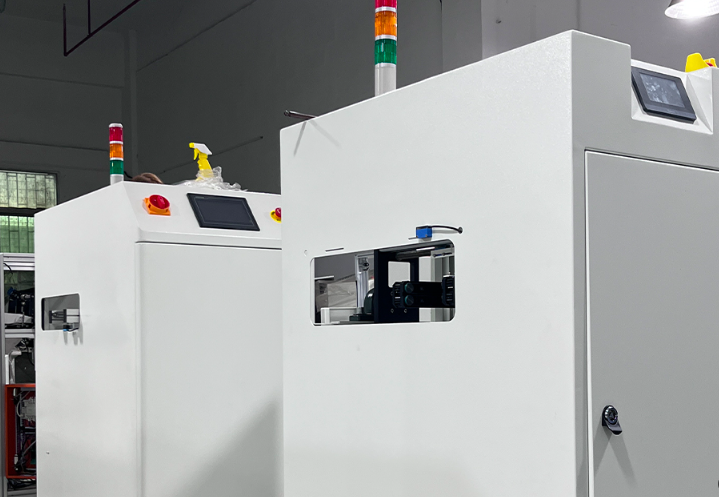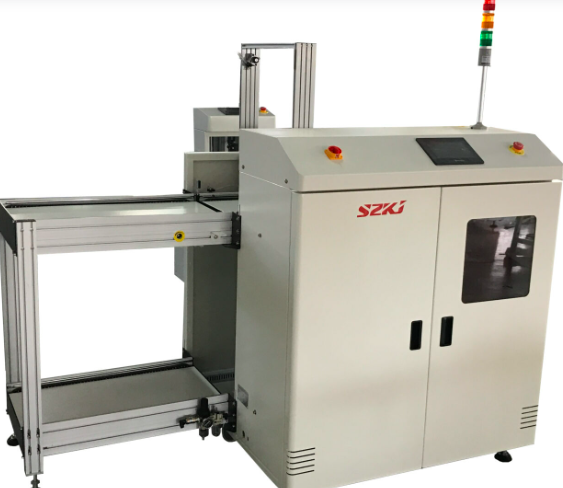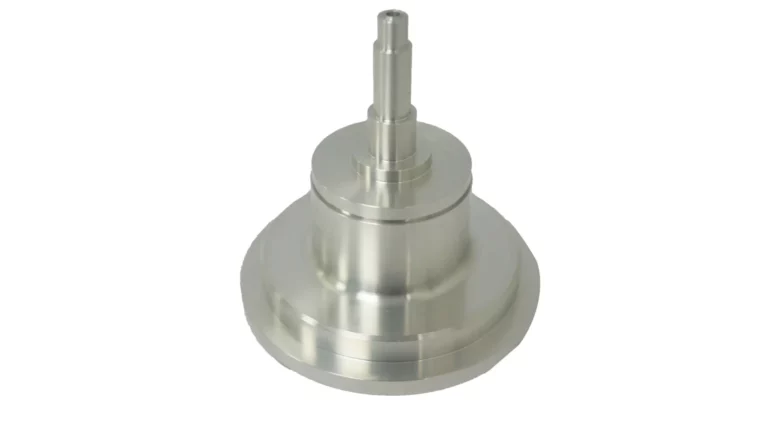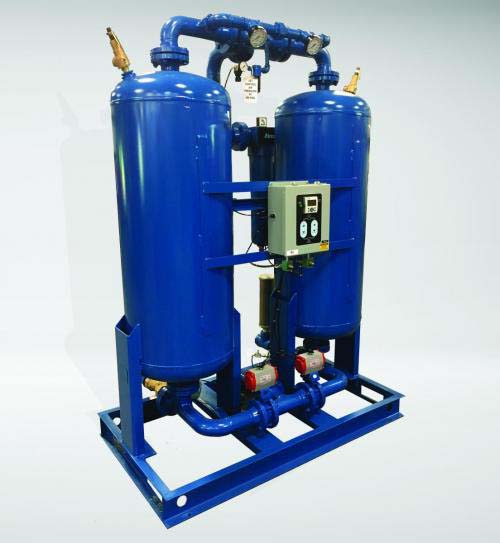目录
ToggleRenewable energy has increasingly been the solution adopted by businesses. As the trend increases, commercial solar battery storage systems are essential in efficient and sustainable energy management. Companies capture solar power during the day when sunlight is strongest and use it at high-demand periods or when the sun is not shining. In that respect, this has become a tool no business can afford to ignore for its modern energy management.
Why Commercial Solar Battery Storage Systems Matter
Now that commercial enterprises have always sought more reliable energy sources than ever in the wake of rising energy prices, energy storage systems such as commercial solar battery storage systems have proved to provide a reliable way for businesses to reduce reliance on the power grid. Access to this stored energy comes during power outages or peak demand periods and allows continuous running of essential operations. In addition, commercial solar battery storage reduces the carbon footprint of a company, hence aiding in its sustainability while at the same time offering long-term savings.
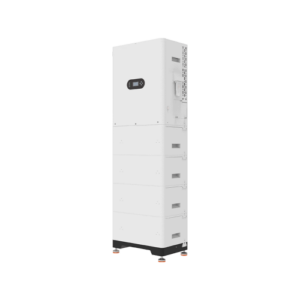
Commercial Solar Battery Storage Types
There are several types of commercial solar battery storage, and each of them is best suited to different commercial applications:
Most companies have these systems that use lithium-ion batteries, mainly for their high energy density and efficiency with a minimal installation footprint. The lifespan of this battery is relatively long, and they need very low maintenance, hence favored by companies that have limited space for installation.
Lead-Acid Batteries: These are generally cheaper, though larger and heavier, and are often used only for applications where space is not a huge issue. They operate well in stable environments where requirements are not high, but they may be more recurrently changed than lithium-ion types.
Flow Batteries: Flow batteries last much longer and degrade slower compared to other commercial solar battery storage systems. They were designed for mass usage as they can hold significant energy while degrading it over time.
Key Benefits of Commercial Solar Battery Storage
One of the most beneficial advantages of commercial solar battery storage is the possibility of achieving maximum energy independence. The collection of extra solar energy also allows businesses to operate during off-peak demand times without solely relying on the grid. As a result, this reduces vulnerability to volatile energy prices and provides relief in cases of power outages.
Cost Benefits: This stored energy during high-rate periods will save operations costs in the long run. Most organizations also save peak demand charges because they generally shift towards stored energy when the peak rates prevail. Such cost savings can significantly add to the bottom lines of an organization.
Environmental Impact: Commercial solar battery storage systems provide an environment-friendly solution to businesses interested in reducing their carbon footprint. They enable businesses to add clean energy to the balance sheet, hence supporting environmental objectives and allowing consumers to demand more sustainable practices increasingly.
Choosing an Appropriate System
Some of the things that companies would consider while choosing commercial solar battery storage, also known as a commercial solar battery bank, include the energy, space available, and their budget. Seeking advice from the experts would help companies assess and finally settle on the best option suitable for their particular needs. An appropriately chosen system allows scalability and the addition of such storage once the need for energy increases too.
Future of Commercial Solar Battery Storage
- Greater Industry Adoption is Experienced Resulting from the Commercial Solar Battery Storage Advances.
- The reason is that more complexity enters, and thus easier its handling and optimization by AI management and better technology related to batteries on the business end.
Conclusion
To sum up, this could then be a forward-looking way to use such solar battery storage, and hence independence from the grid and reduced costs would make up the commercial sector leading towards sustainability.
0